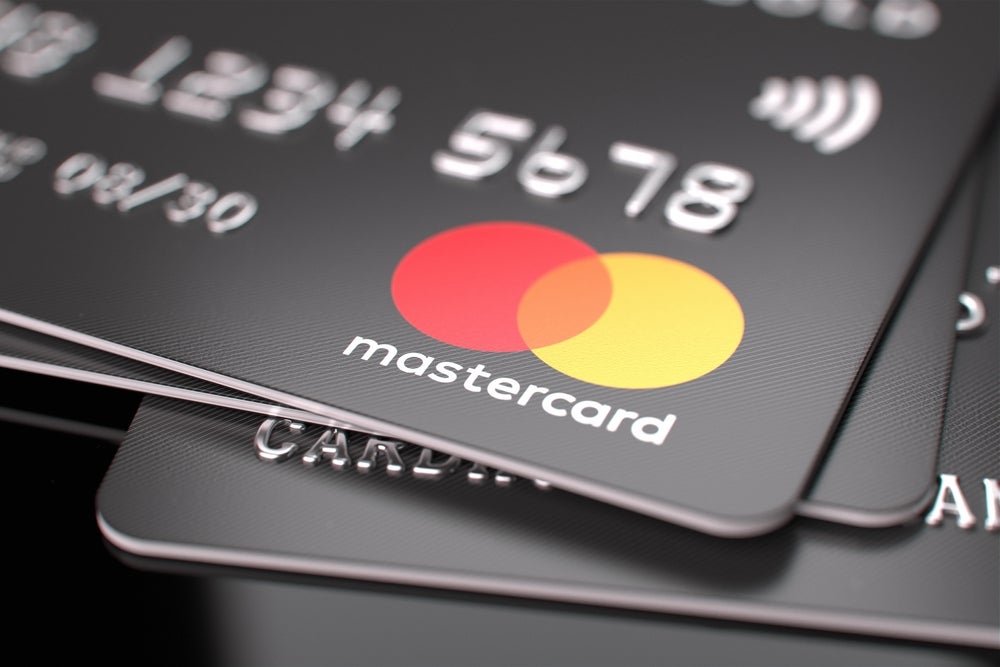Mastercard has told Congress that the Credit Card Competition Act would harm consumers, businesses of all sizes and financial institutions.
According to Mastercard, the current payments ecosystem enables consumers to make purchases safely and securely while gaining access to credit and valuable benefits like zero liability. These benefits are under attack says Mastercard.
Mastercard is not increasing US interchange rates this fall
The letter from Mastercard to Congress states: “Mastercard is not raising interchange rates this fall, and we never had plans to do so. Despite incorrect accusations, interchange rates are not skyrocketing. They are remarkably flat. Merchant processing costs per transaction have actually decreased since 2018. This decrease stands in stark contrast to gas and grocery prices, which have both risen more than 20% over this period.
“Any insinuation that interchange plays a role in these rising prices is patently false. Grocers have long had among the lowest interchange rates in the industry. And interchange for fuel purchases has been capped for sixteen years. This eliminates interchange on the portion of the transaction that exceeds about $48.”
Mastercard adds that network fees are distinctly different from interchange fees. They are an important part of managing a globally interoperable network. With respect to network fees required for the processing of transactions, Mastercard is not raising these in the US this fall. Any network fee changes are either optional or they pertain to value-added services for banks and are not associated with transaction processing.
“It is surprising you would highlight the Authorisation Optimiser service. It protects consumers and merchants from declined transactions and cancelled subscriptions.”
‘Payments industry has never been more competitive’: Mastercard
There have never been more payment options for consumers and businesses says Mastercard. It highlights its competition with global and regional networks, buy now pay later providers, person-to-person and account-to-account services, real-time payments platforms (including from the Federal Reserve), digital currencies, wallet providers, and open banking companies.
“The variety of payment options available to American consumers is robust. Furthermore, it’s incomprehensible that the second largest credit card issuer in the US, American Express, would be excluded from the Credit Card Competition Act. They extend more than $1trn in consumer credit, operate a payment network, and charge merchants the highest average rate in the US. We are fierce competitors, which makes their exclusion from a bill that is intended to drive competition puzzling.”









